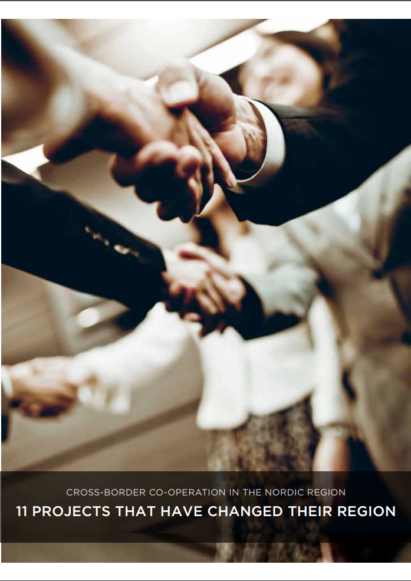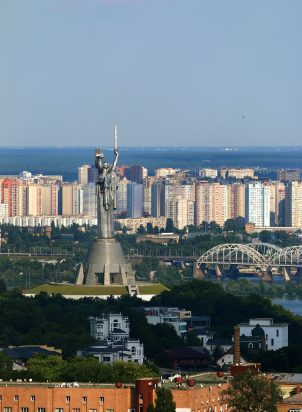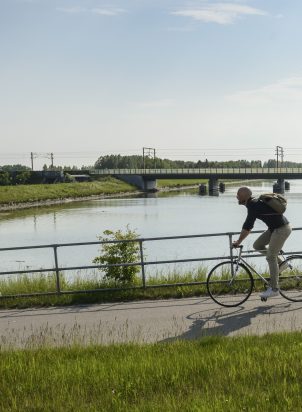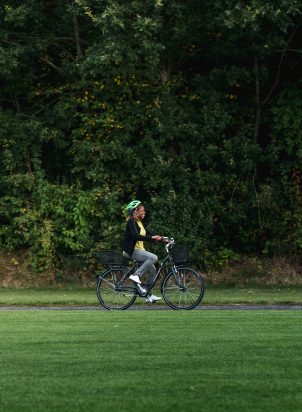Cross-border cooperation in the Nordic countries is strongly anchored in regional and local actors, who have seen a natural need for and benefits from co-operation across the Nordic region’s land and sea borders.
The Nordic Working Group on Globalisation and Cross-border cooperation has published a catalogue gathering examples of projects from each of the 11 cross-border committees that receive support from the Nordic Council of Ministers. The projects presented are only a selection of the many cross-border co-operation projects and joint activities that have been implemented with Nordic support over the past three decades. The aim of the catalogue is to provide anyone who is wondering about the benefits of Nordic co-operation with a series of examples of successful initiatives that have produced good results. The aim is also to display the Nordic way of co-operating across borders.



